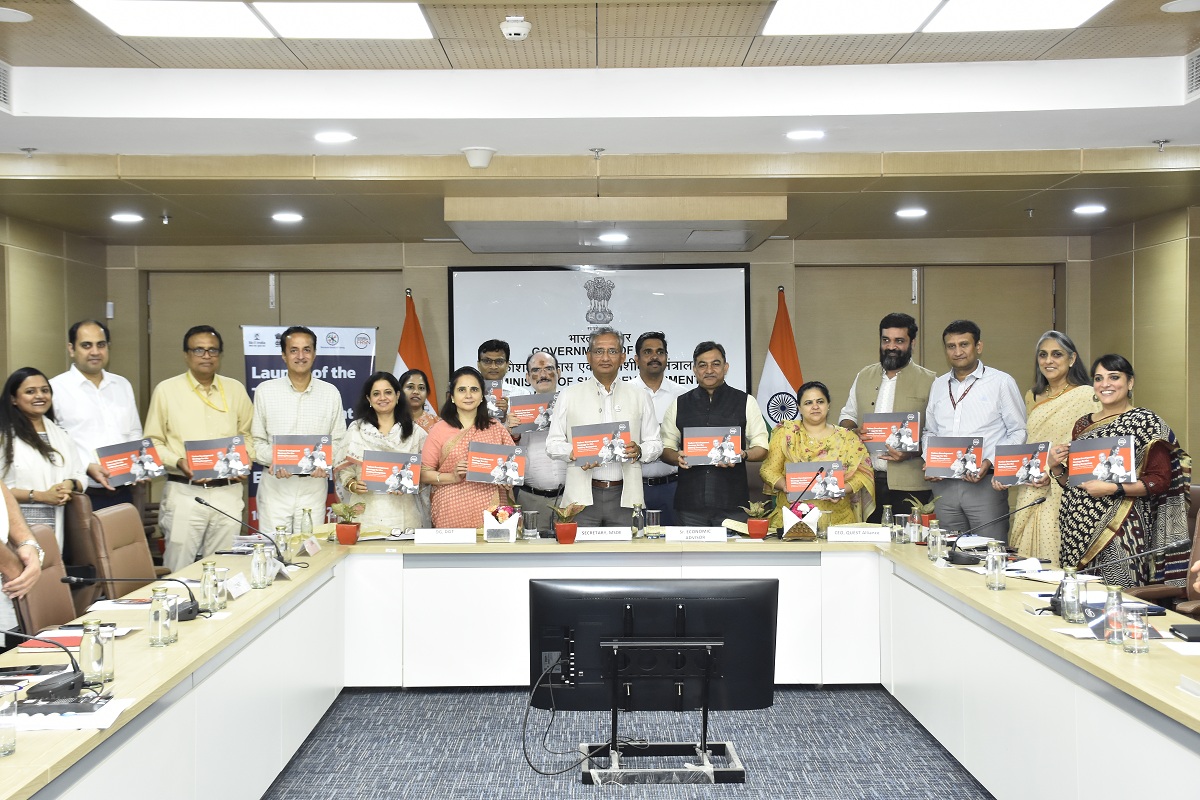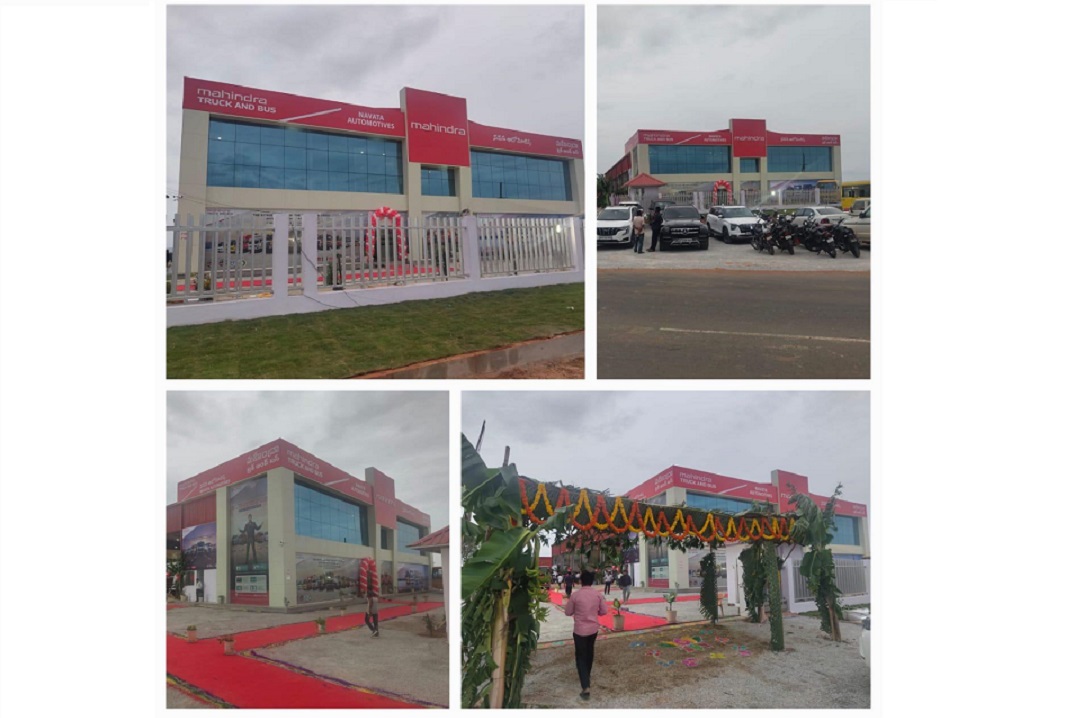The Ministry of Skill Development and Entrepreneurship (MSDE) has announced a groundbreaking initiative aimed at bolstering the nation’s skilling ecosystem. In line with the ambitious vision of ‘Viksit Bharat 2047’, which aims for India’s complete development by its centennial year of independence, the Ministry is spearheading efforts to empower trainers across short-term and long-term skilling programs.Under the banner of ‘Trainers Strategy for Skilling Ecosystems’, the MSDE, along with its partner, Future Right Skills Network (FRSN), has crafted a comprehensive framework for the holistic development of trainers.
This initiative is set to revolutionize the skilling landscape by equipping trainers with the necessary skills and technology to navigate the demands of the future market.Key recommendations from the strategy include the digitalization of Technical and Vocational Education and Training (TVET) and enhancing digital literacy among trainers.The integration of digital blended content into classroom learning using state-of-the-art tools and resources is at the forefront of this transformative agenda.Speaking on the significance of this initiative, Shri Atul Kumar Tiwari, Secretary of the Ministry of Skill Development and Entrepreneurship, emphasized the collaborative nature of the endeavor. He stated, “The Trainer Development Strategy for the Skilling Ecosystem is a proof to the collective efforts of the Government, Industry, and Academia.”
Furthermore, Aakash Sethi, CEO of Quest Alliance, underscored the importance of preparing trainers to meet the evolving demands of the 21st-century economy. He emphasized that integrating digital content into classroom learning will not only bridge existing gaps in the TVET sector but also pave the way for a more dynamic and efficient skilling ecosystem in India.The recommendations outlined in the strategy will undergo validation in various Indian states to solicit feedback from trainers, learners, and stakeholders before being implemented on a larger scale.




